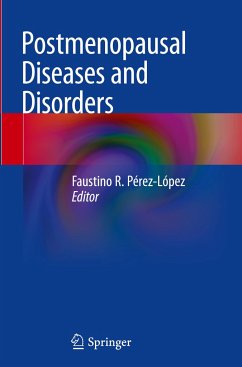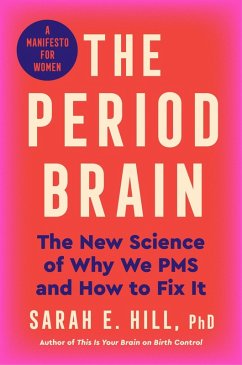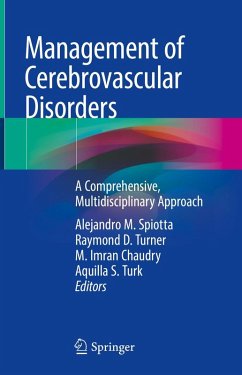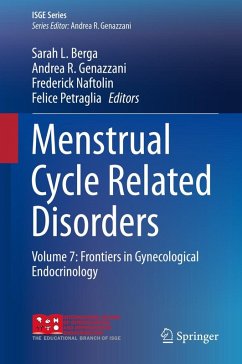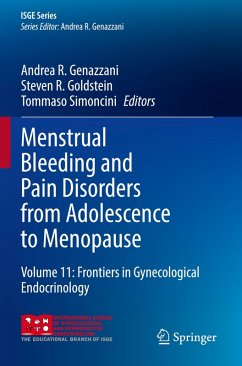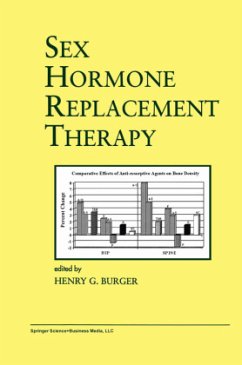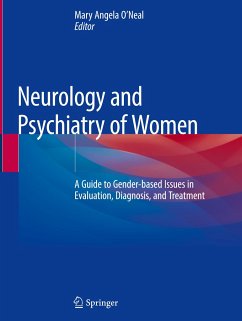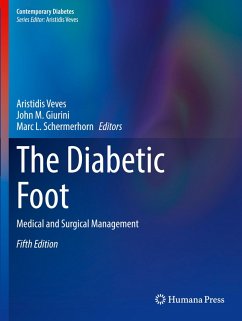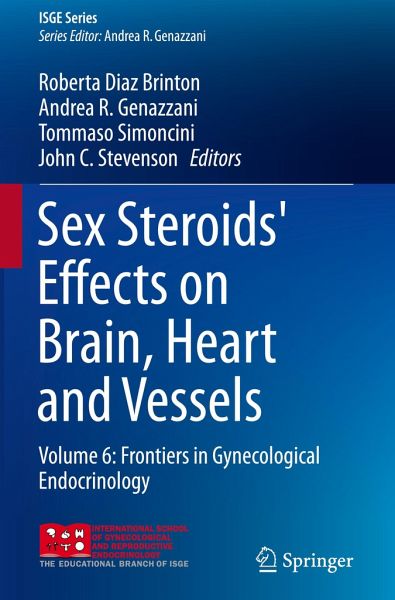
Sex Steroids' Effects on Brain, Heart and Vessels
Volume 6: Frontiers in Gynecological Endocrinology
Herausgegeben: Brinton, Roberta Diaz; Genazzani, Andrea R.; Simoncini, Tommaso; Stevenson, John C.

PAYBACK Punkte
33 °P sammeln!
This book analyzes the effects of estrogens and progesterone on brain cells, the immune system, neuro inflammation, myelin formation and steroid receptor distribution, as well as their clinical impacts.It also explores the relationship between sex-steroid withdrawal and the development of brain symptoms such as hot flushes, sleep disorders, mood changes, depression and also cognitive disorders and dementia, as well as the effects of hormone menopause therapy on such symptoms and diseases.Starting with obstetrical history and cardiovascular risk in later life, the second part of the book examin...
This book analyzes the effects of estrogens and progesterone on brain cells, the immune system, neuro inflammation, myelin formation and steroid receptor distribution, as well as their clinical impacts.
It also explores the relationship between sex-steroid withdrawal and the development of brain symptoms such as hot flushes, sleep disorders, mood changes, depression and also cognitive disorders and dementia, as well as the effects of hormone menopause therapy on such symptoms and diseases.
Starting with obstetrical history and cardiovascular risk in later life, the second part of the book examines the effects of estrogens and progestogens on vascular tissues, atherosclerosis and coronary heart diseases, as well as the impact of hormone replacement therapies on cardiovascular risks and mortality.
This volume is a useful, clear and up-to-date tool for gynecologists, endocrinologists, neurologists and cardiologists, and serves as a valuable source of information for all physicians involved in women's health.
It also explores the relationship between sex-steroid withdrawal and the development of brain symptoms such as hot flushes, sleep disorders, mood changes, depression and also cognitive disorders and dementia, as well as the effects of hormone menopause therapy on such symptoms and diseases.
Starting with obstetrical history and cardiovascular risk in later life, the second part of the book examines the effects of estrogens and progestogens on vascular tissues, atherosclerosis and coronary heart diseases, as well as the impact of hormone replacement therapies on cardiovascular risks and mortality.
This volume is a useful, clear and up-to-date tool for gynecologists, endocrinologists, neurologists and cardiologists, and serves as a valuable source of information for all physicians involved in women's health.



